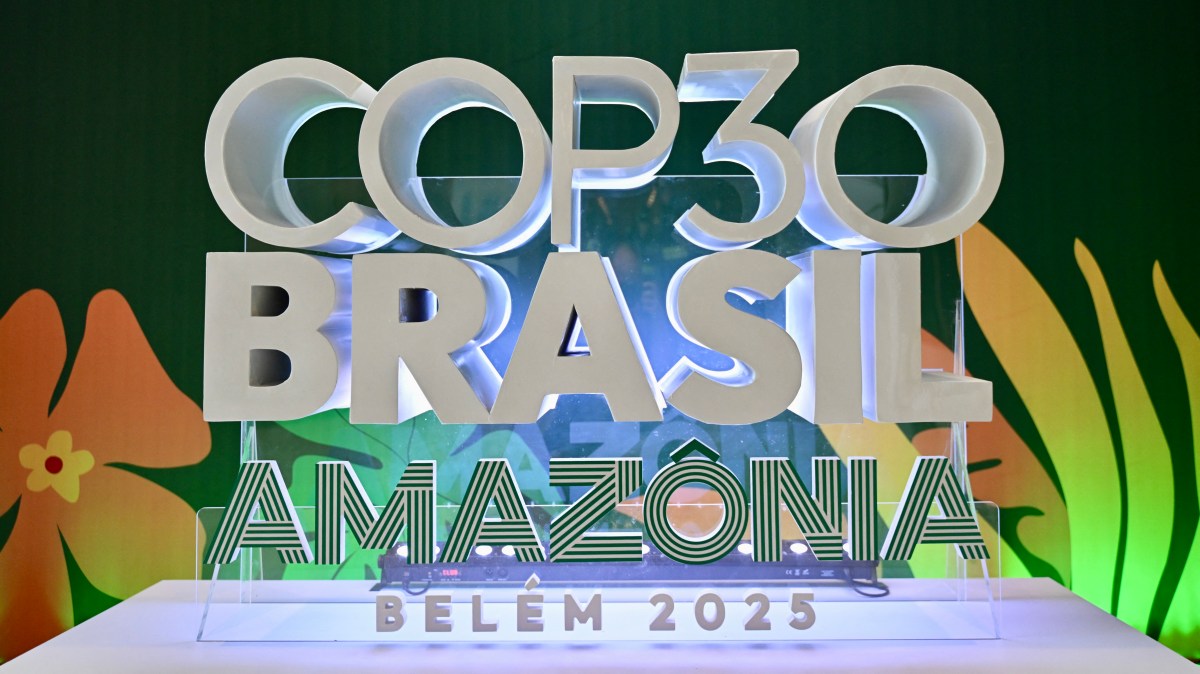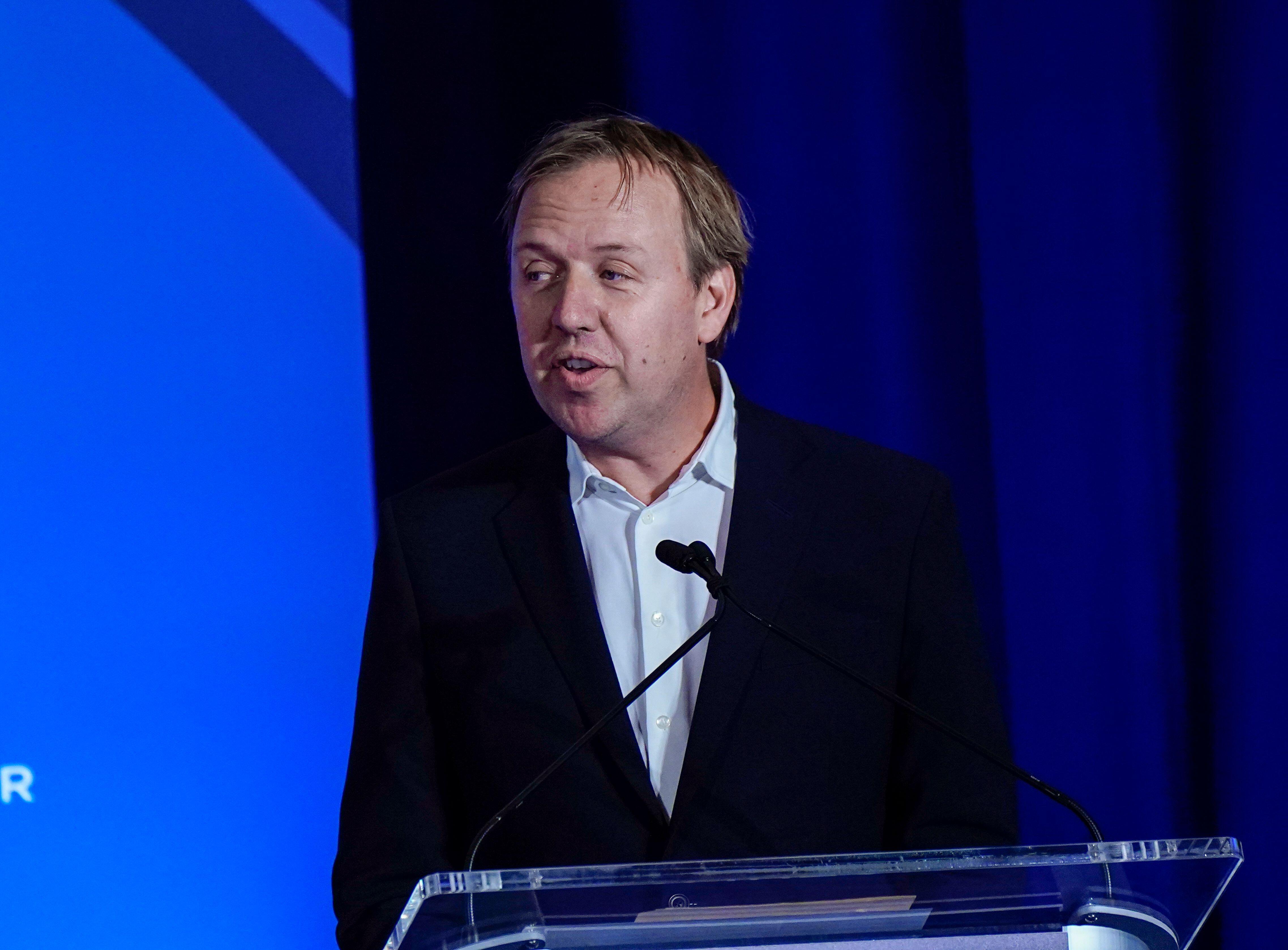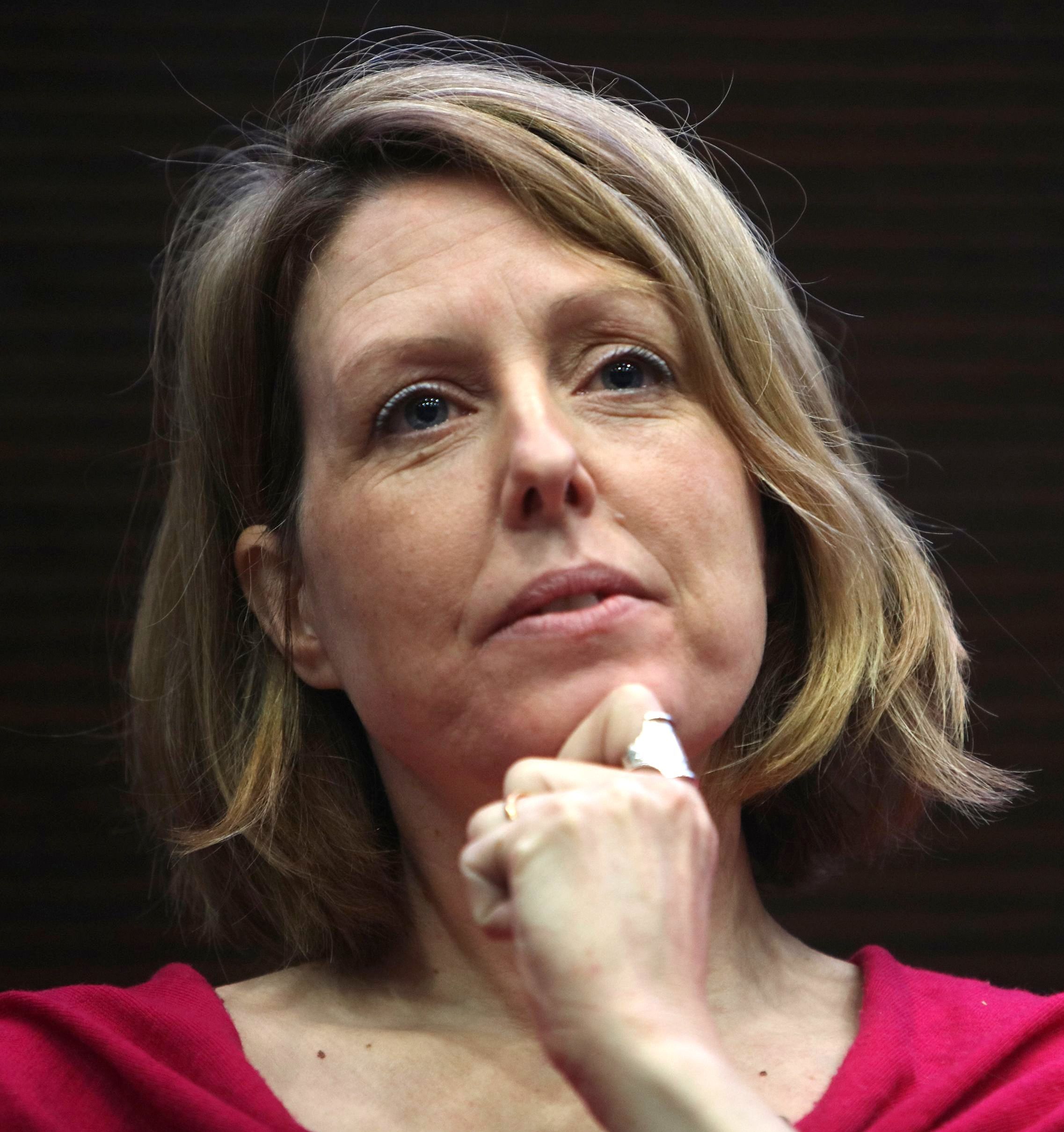Had all gone to plan, the diplomats gathering next week on the edge of the Amazon rainforest for the Cop30 climate talks would have had a lot to celebrate. Ten years ago they signed the Paris Agreement, a landmark accord that was meant to limit global warming to 1.5C above pre-industrial temperatures.
But as Sir Keir Starmer joins 45,000 diplomats, activists and lobbyists in the Brazilian city of Belém for Cop30, many are beginning to wonder whether the United Nations’ climate talks are up to the job of saving the world. Some campaigners are arguing that Cop is a dead end — a talking shop where oil-rich nations such as Russia and Saudi Arabia frustrate progress.
Had its 194 signatory countries acted on that target, they would now be racing towards a future powered by renewables. Instead, last year they burnt more fossil fuels than before — and 2024 was the first year to breach the 1.5C threshold.
The talks will be held in Belém, on the edge of the Amazon rainforest
REUTERS
“We have this emperor’s new clothes situation where everyone thinks there must be something really important being negotiated at Cop, and there isn’t,” said Simon Sharpe, who served as a government strategist for the Cop26 talks in Glasgow before setting up the think tank S-Curve Economics.
“You could say Cop’s being actively unhelpful, sucking up political capital, media attention, and civil society attention, and doing nothing useful with it.”
“Is Cop a good use of our time and resources?” asked Baroness Worthington, lead author of Britain’s 2008 Climate Change Act. “I think that’s a very valid question […] I liken Cop to Christmas. Countries meet every year, and it’s the same arguments, the same grumpy relationships, the embarrassing uncle who’s going to say climate change isn’t real. It’s become institutionalised into this very comfortable sitcom […] It’s kind of pointless. It’s a bit of theatre really.”
For some, change has not come quick enough, with indigenous people from the Amazon and activists from the Co-ordinating Body of Indigenous Organisations of the Brazilian Amazon protesting outside the International Convention Centre, in Brasilia, Brazil
ANDRE BORGES/EPA
Most climate campaigners would deeply object to the idea that the talks are just theatre. As they see it, the architects of the Paris Agreement kickstarted a diplomatic process that may still forestall disaster — even if the 1.5C target is now beyond reach. Before Paris, climate diplomacy was stuck in a rut. Countries had spent two decades trying to impose climate targets on each other, haggling over how much rich and poor countries should do to solve the problem. This approach had led nowhere.
In Paris, countries agreed to a different approach. Rather than trying to impose targets on one another, they would set their own, pledging to cut as much or as little carbon as they felt able. The agreement’s architects hoped that if enough countries came forward with ambitious targets, they would kick off a virtuous cycle. Investment would pour into clean technologies, their price would fall, and countries would then strengthen their climate commitments for fear of missing out on a bonanza of green investment.
Defenders of Cop argue that this virtuous cycle — naive as it may sound to some — has actually kicked in. Investment in clean technologies has surged to twice that in fossil fuels. In 2015, less than one in a hundred new cars was electric; last year it was one in five. Countries representing three quarters of global GDP are now aiming to reach net zero carbon emissions by 2070 at the latest.
“The technology changes have gone further and faster than I thought possible ten years ago,” Tom Rivett-Carnac, an adviser to the main architect of the Paris Agreement, Christiana Figueres, the former UN climate executive secretary, said.
The surge in green investment since the Paris Agreement has considerably improved the outlook for the climate. Before its signing, the world seemed to be heading for 4C-5C of warming by 2100, which would leave much of the tropics uninhabitable, triggering mass migration to higher latitudes.
Now, assuming countries meet their targets, the world is on course for 2.6C. While not as bad as 5C, that could still have some catastrophic consequences, including transforming much of the Amazon into savannah, and plunging Britain into a Nordic freeze by disrupting the Gulf Stream.
To some, the answer to this predicament is just to have faith in the Cop process, and keep pressuring countries to set more ambitious targets.
“We are still in the race,” Simon Stiell, the UN’s climate chief, said last month. “But to ensure a liveable planet for all eight billion people today we must urgently pick up the pace.”
Yet on the eve of Cop30, there is little sign of countries picking up the pace. Of the 194 countries who signed up to the Paris Agreement, only 64 met a September deadline to update their climate targets. Britain has submitted a world-leading pledge to cut its emissions by 81 per cent by 2035. For the first time, China has pledged to reduce its emissions over the next decade — if only by 7 to 10 per cent.
The EU, riven by infighting over the pace of its clean energy transition, has only managed to agree a vague target of 62-72.5 per cent.
A large steel plant in Inner Mongolia. China has for the first time has pledged to cut carbon emissions
KEVIN FRAYER/GETTY
The Trump administration, which will exit the Paris Agreement next year, is widely expected to act as a spoiler at Cop30, working to prevent an agreement on how to help poorer countries finance their shift to clean energy.
Rivett-Carnac fears the virtuous cycle of the agreement is breaking down: “The economics of clean energy have gotten better to the point where countries should be able to set more and more ambitious climate targets. But with the populist backlash, the politics hasn’t followed the economics.”
As Sharpe sees it, the international disarray is a sign that climate diplomacy needs to change drastically. He believes Cop’s organisers are wrong to focus so much on getting countries to set long-term climate targets, and that the green tech boom may well have happened without them.
“Targets are not what matters,” he said. “What matters is the actions countries are taking right now. If you do the right things, you make progress.”
Rather than badgering one another to set targets for ten years’ time, Sharpe believes negotiators should focus on the steps they can take right now to remove barriers to clean energy. They could be discussing how to ensure electric lorries driving across their borders don’t get stuck without a charger on the other side. They could be writing trade agreements that bar the sale of deforested timber. They could be agreeing to procure cleanly manufactured steel.
“That’s the kind of diplomacy that’s really lacking,” he said. “There’s virtually no diplomacy being done that is sector-specific and trade-focused.”
If enough of these unflashy details are ironed out, then the low-carbon future might come to seem more feasible, and more countries might be willing to commit to it wholeheartedly.
Controversially, Sharpe believes Cop is not the place to discuss these practicalities.
“You do not need 200 countries around the table,” he said. Instead, for each of the most polluting parts of the economy — steel production, agriculture, chemicals and so on — there could be a working group of the ten or so biggest producing countries, figuring out how to shift the global market towards cleaner production methods.
“They could scale up the clean technologies and make them cheap for everyone else.”
As to where that would leave Cop? “I’m tempted to say […] it would be best just to end the process, and create a vacuum where people have to think again about what we’re doing, and then refocus attention on practical co-operation that actually helps,” he said.
“At the same time, nobody would bet on that happening because we’re locked into this process.”
Sharpe’s prescription has won few supporters in the world of climate diplomacy. It would certainly raise the hackles of poorer countries on the front line of climate change, such as Pacific islands facing disappearance beneath rising seas. For them, Cop is the only forum in which to discuss climate change on equal terms with the superpowers.
Worthington argues that Cop still has some value as a place to discuss progress, “but we should be honest with ourselves that that’s what it is, like a large trade show”.
Baroness Worthington called the Cop talks “a bit of theatre”
RICHARD GARDNER/SHUTTERSTOCK
But as the impacts of climate change multiply, from Britain’s arid summer to Hurricane Melissa that barrelled across Jamaica and the Caribbean, the pressure is on for countries to find new ways of working together on this intractable problem.
Laurie Laybourn, director of the Strategic Climate Risks Initiative, a think tank, believes that as the world warms up, governments might be so distracted by the impacts of climate change that they struggle to keep on cutting the carbon emissions causing it.
“Cops 1 to 29 happened in one reality, in which climate impacts were growing and deadly but in pockets around the world. We’re now in a new climate reality in which impacts will destabilise entire societies.
“The strategy has to shift to handle this new reality. We need to focus as much on adapting to the extreme weather coming down the track as on stopping it getting worse. Thankfully, those things can go together. Better designed homes cut energy use, but they’ll also keep you safe when extreme heat hits.”





